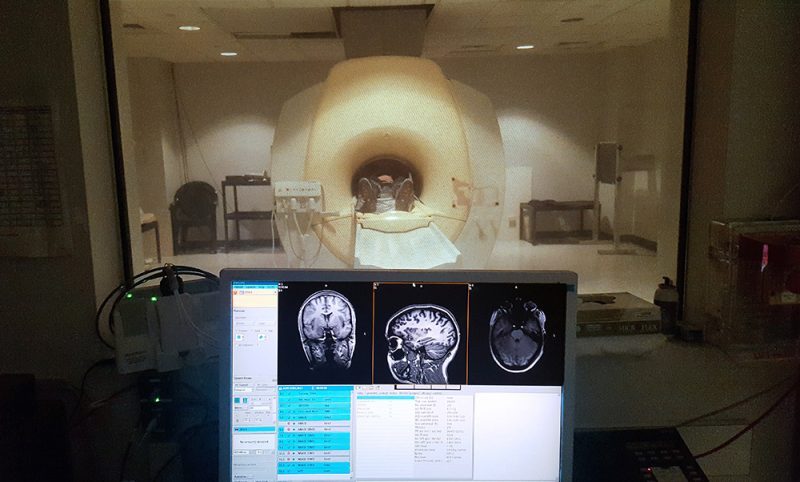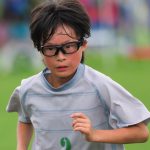A Mass. Eye and Ear research team found that the brains of those who are born blind make new connections in the absence of visual information.
Many people believe that the blind are able to hear better and have keener senses of touch and smell, but is there any evidence to support this assumption?
Indeed, there is. In a recent report published in PLOS ONE, Mass. Eye and Ear researchers found that the brain makes new connections in those with early blindness (i.e. those born with or who have acquired profound blindness before the age of 3).
These connections, which are not present in normally-sighted individuals, cause an enhancement in non-visual abilities such as heightened sense of hearing, smell and touch — as well as cognitive functions such as memory and language.

A Multimodal Approach
Led by Drs. Corinna Bauer and Lotfi Merabet, the research team used three different brain imaging techniques to compare the scans from a group of 12 subjects with early blindness to those of 16 normally sighted subjects of the same age range.
The results revealed very different connections between the two subject groups. Those with early blindness showed axons – long connections of a brain cell that transmit information from one part of the brain to another – that connected with parts of the brain that enhanced non-visual senses. Scans of normally sighted people did not show these types of connections.
When we discussed these research results with Dr. Merabet, he said:
“This tells us that, in the case of blindness, the brain rewires itself so that it can be more responsive to non-visual information. Things like smell, hearing and touch – the brain rewires itself in a manner to use the information at its disposal so that it can interact with the environment in a more effective manner. Even though we’ve already observed these compensatory behaviors, we now have a brain basis for this.”
The study also raises some new questions. Does training causes the brain to make these connections? Or, does the brain’s ability to makes these connections make further training possible?
Perhaps either is possible. The researchers hope that this new knowledge can be harnessed toward more effective rehabilitation efforts for blind individuals, as even in the case of being born profoundly blind, there is still tremendous potential for the brain to adapt.



